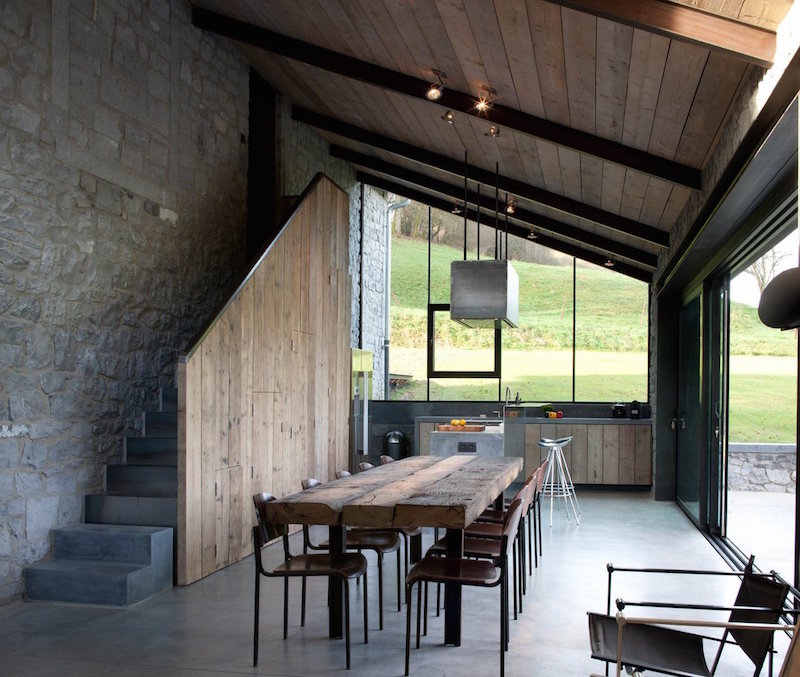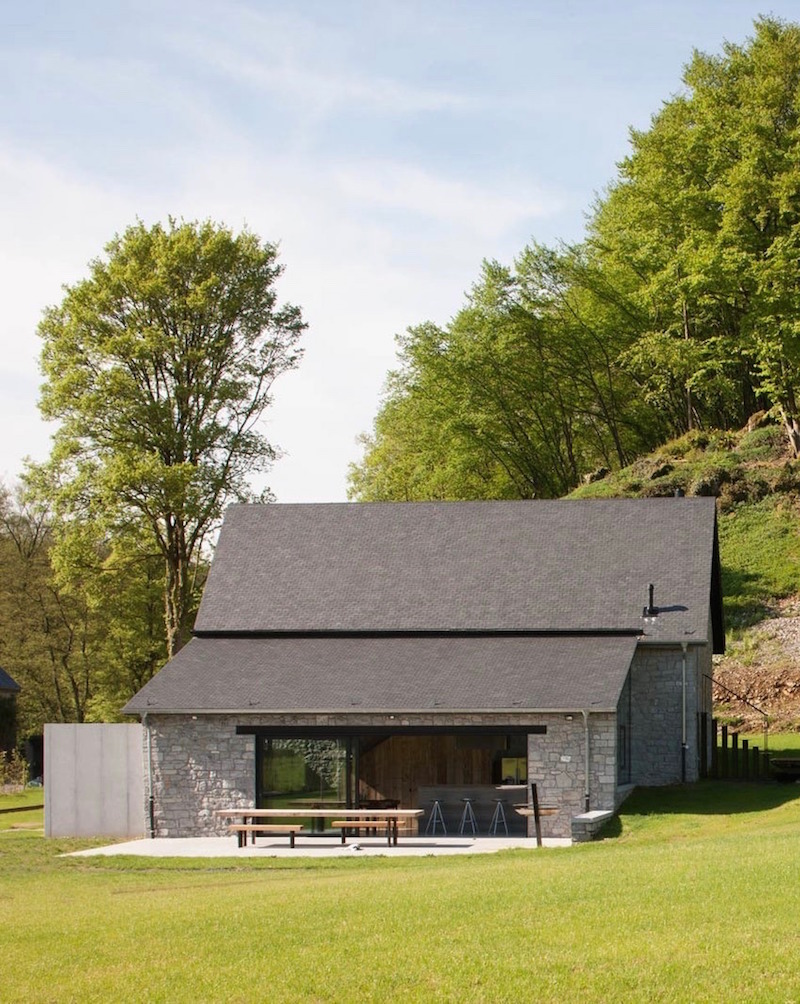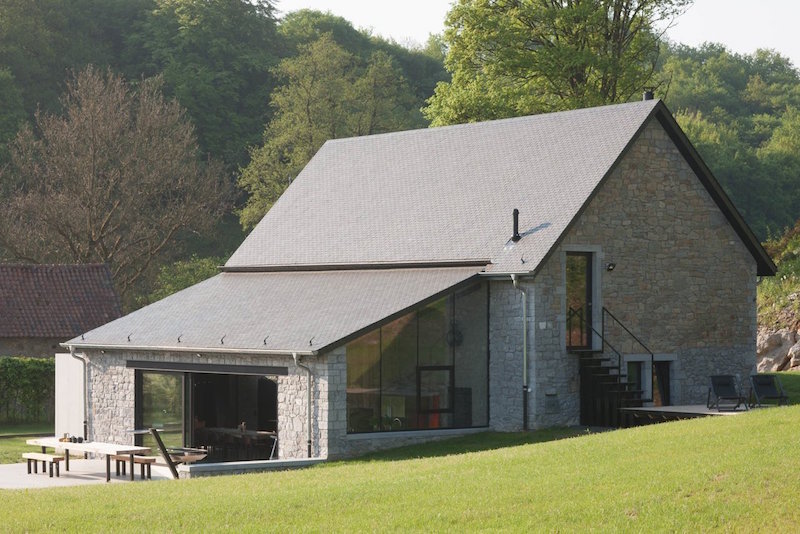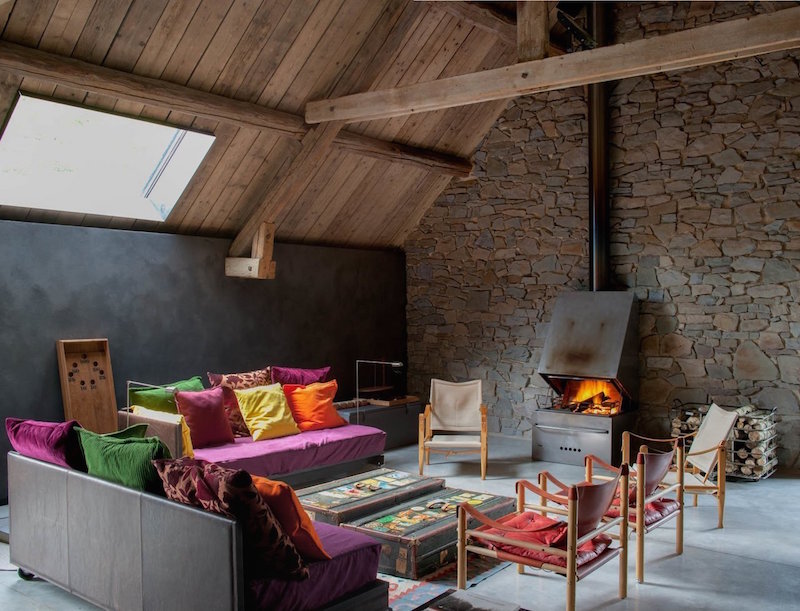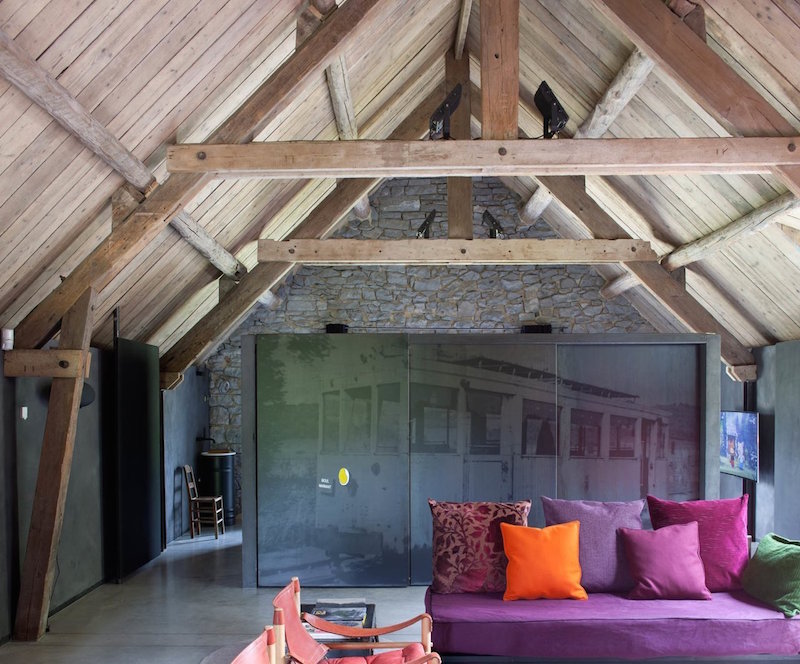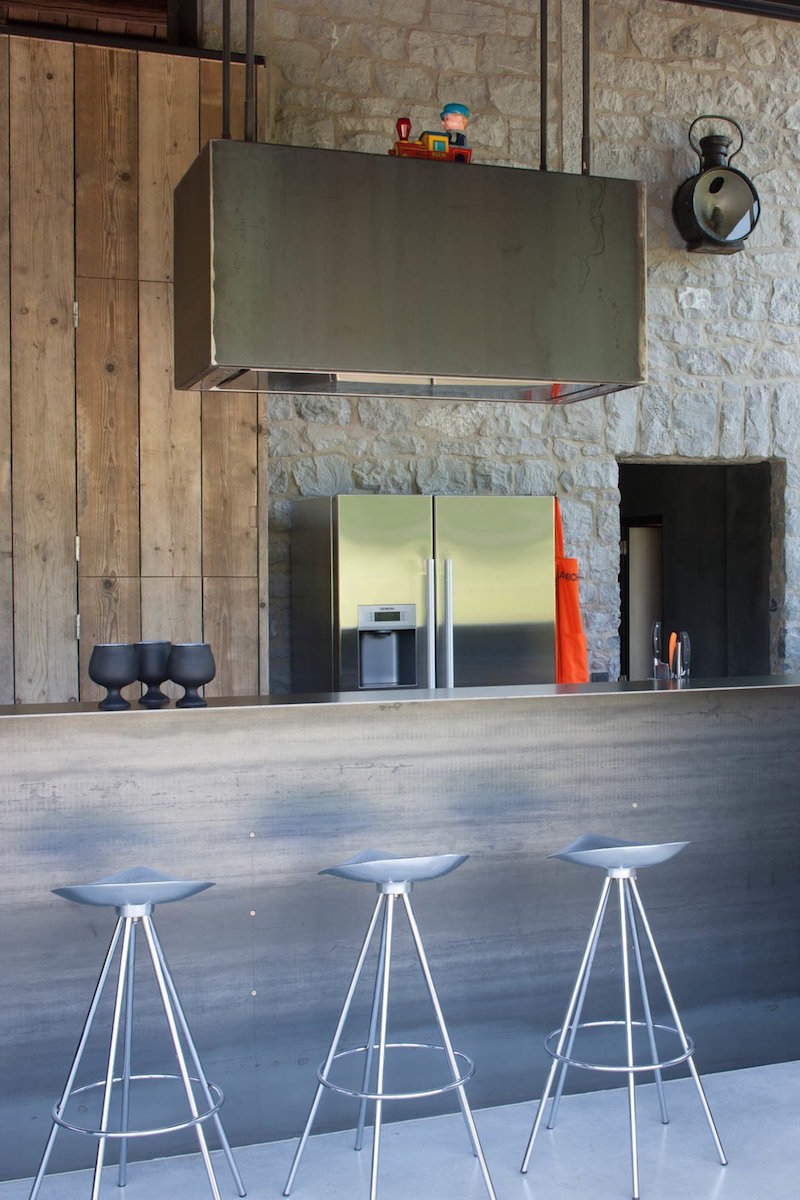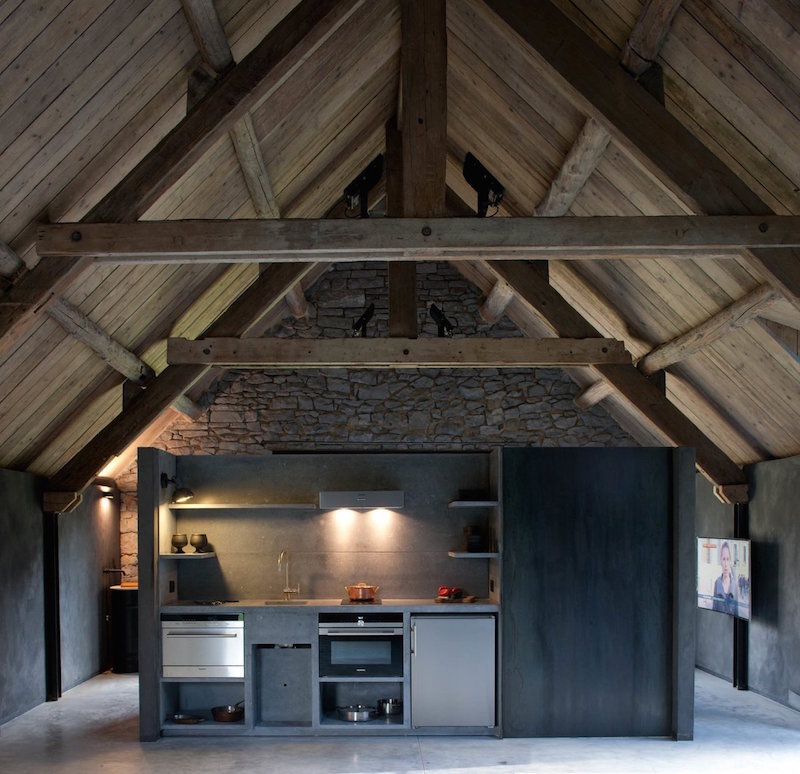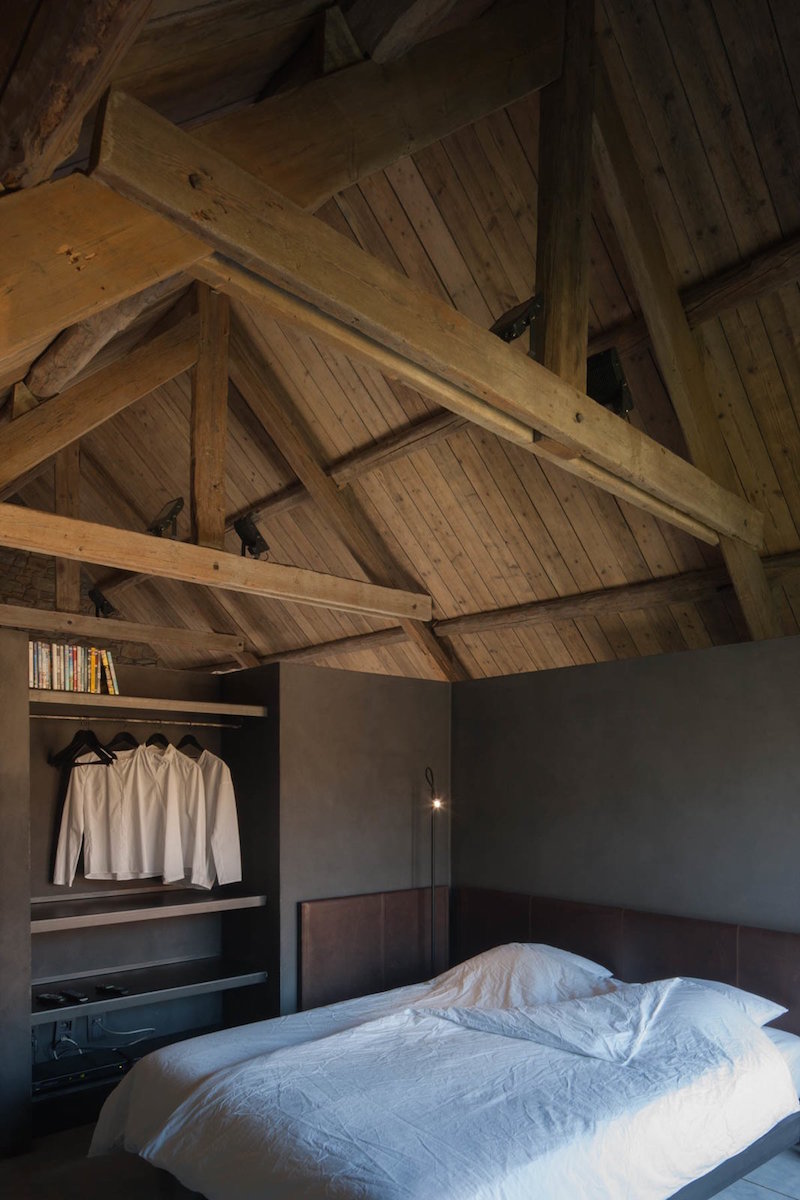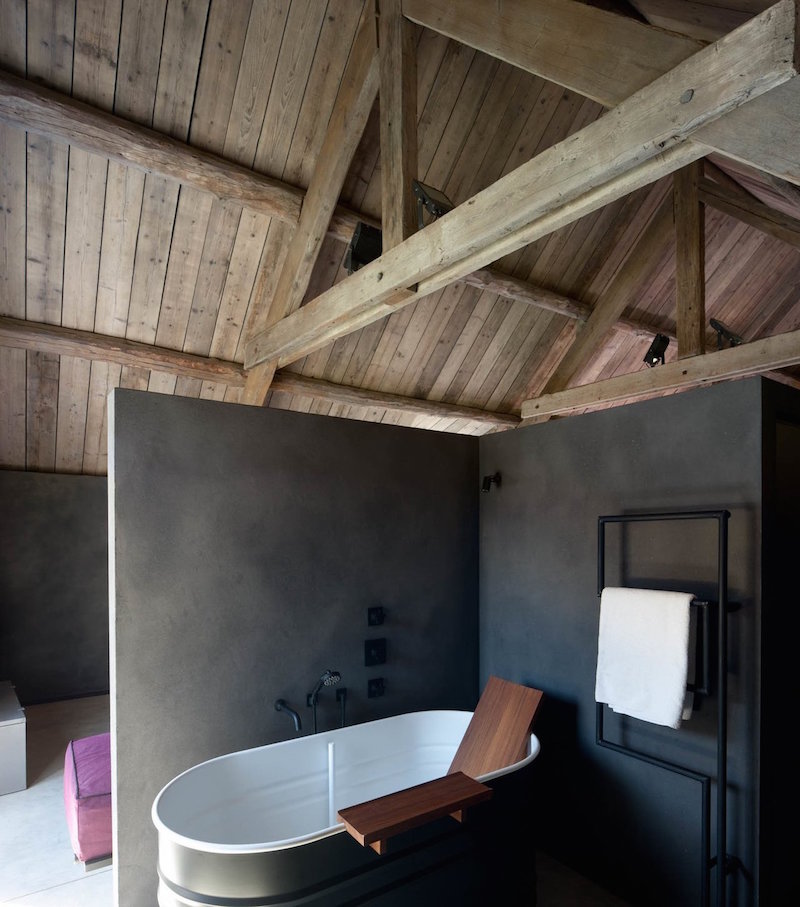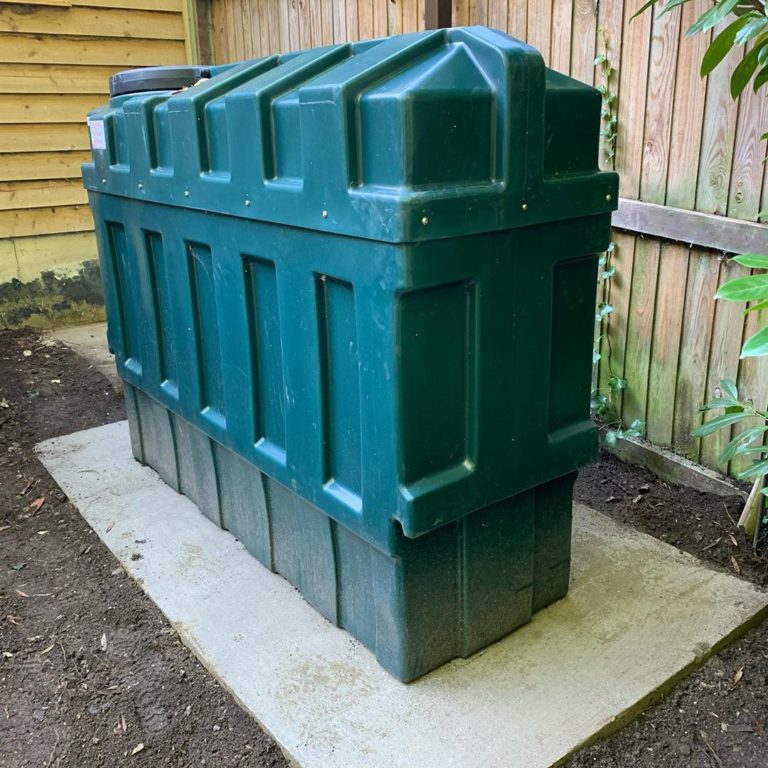How to Survive a Country House Renovation
Home renovations are notoriously stressful experiences. Restoring an old country house can be an extremely rewarding experience, but there can be a lot to tackle, especially if the house is in a state of dilapidation.
Old country homes may need rewiring, damp-proofing, reroofing and rotten windows may need replacing. That’s all before you start knocking walls down, putting walls up, sandblasting, plasterboarding and all manner of other building works. Even essential repairs can take months and months to complete.
If you are renovating a listed building, there are also planning restriction hoops to jump through. It is important to seek the guidance of an accredited conservation professional and always use an architect accredited in conservation. If you are restoring a listed building and require an architect, be sure to use one accredited in building conservation (AABC) or a Conservation Architect (CA) or Specialist Conservation Architect (SCA) registered with RIBA.
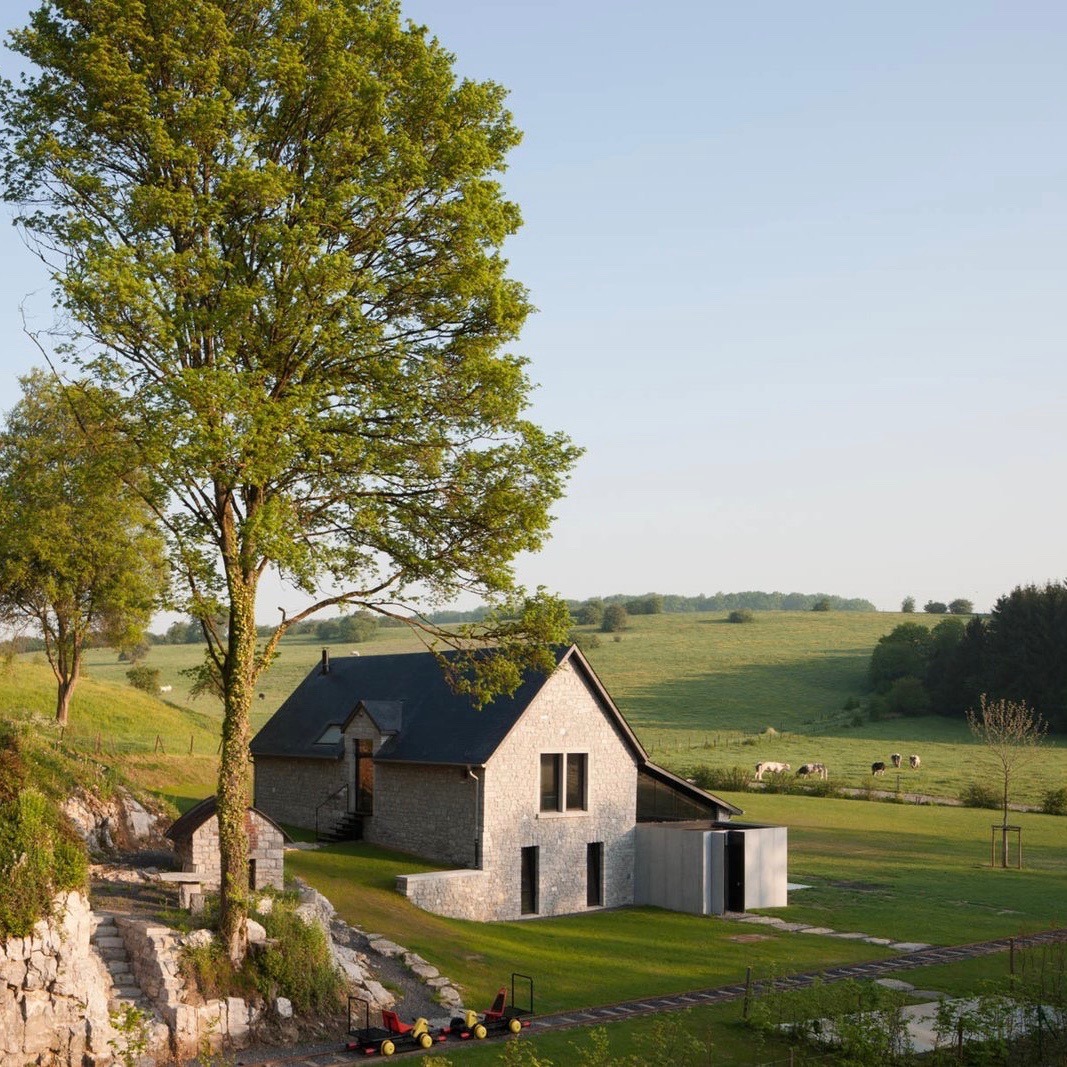
Wendy and Peter Blakeman transformed a dilapidated 18th century country farmhouse into a welcoming home, but it took a huge amount of work (they both worked full-time on the renovation alongside the builders). In an interview with Real Homes, the Blakemans share their country home renovation journey. It took them six months to complete essential repairs, including replacing floors and restoring beams, and many more months to finally finish the project.
If you are about to embark on the renovation of a country house, here are a few tips to help you survive the journey.
Take a holiday
Taking a break while some of your renovation work is being carried out isn’t a bad idea, as long as you have a builder you can trust or have a friend you can trust to manage the project for you while you are away. It’s especially nice to get away from the hassle and mess during the summer holidays if you have kids.
Don’t underestimate the enormity of the project
Renovation work is complex and prone to unforeseen problems and expenses. It’s really useful to have a schedule to help keep your project on track. Without one, the renovation process can get pretty chaotic. It’s really useful to break the project down into phases, such as a kitchen remodel, move bathroom, convert loft etc. Here are some things you need to know before starting a renovation.
Definitely schedule structural alterations first. It’s also worth starting with bathrooms, kitchens and utility rooms as these are most likely to throw up requirements for new pipework, which may need to run through other parts of the property.
You’ll also need to factor in the time of year for certain parts of the renovation. It’s no good thinking about reroofing or rendering during the winter.
Don’t underestimate the time it will take
Even with the best-laid plans, large-scale renovations have a habit of overshooting deadlines. Most important of all is not to rush a project at the expense of workmanship and the quality of the finish.
Section off one area of the house for living in
If you are seriously living on site during your renovation, you will want to minimize the disruption the project will have on your everyday living. It’s a really good idea to section off one part of the house for living in for the majority of the project. Keeping this area clean, tidy and dust-free will give you a retreat to escape to while the work is carried out. Check out more homebuilding and renovation tips for living on site here.
Many people choose to rent a house nearby when they are carrying out large-scale renovations. This is a great idea if your budget will stretch to it.
Do it well
Renovations are daunting, disruptive and messy. Tackling a house renovation which requires a substantial amount of building restructuring can easily leave you feeling exhausted. There is a danger after months of dust and chaos to take your eye off the ball when it comes to the finer details and as you rush to get through to the end of the project.
There needs to be logic and order to your renovation work and the bathroom installation, kitchen installation or general decoration should never be rushed. Attention to detail is everything. Specialist joinery designer for country houses, Artichoke, says “Achieving elegance through form can quickly be tarnished … if the materials then chosen to adorn it are not well considered.” Doing the fine details and the finishing touches well is imperative.
Artichoke achieve the most beautiful finishes and details from the proportion of furniture to the entablature of cornices. They implore renovators to meticulously plan every last detail. Choosing a kitchen designer, bathroom designer and an interior designer who are familiar with the architecture of your property is essential. You want your interior to comfortably and elegantly sit in its surroundings for years to come.
Clean, clean and clean
Don’t make the mistake of leaving the cleaning until the end when you carry out building renovation work. Always clean as you go.
Have a contingency budget
According to global property news service, Property Wire, around half a million homeowners in the UK underestimate the costs and go over budget when redecorating or renovating their home each year.
It may take a lot of resolve to survive a home renovation on such a grand scale, but once you have reached the other side, you can bask in a great sense of satisfaction and wallow in your sense of achievement. And it is worth it in the end because you will have a beautifully restored home you can be proud of.
Images – © Jean-Luc Laloux

